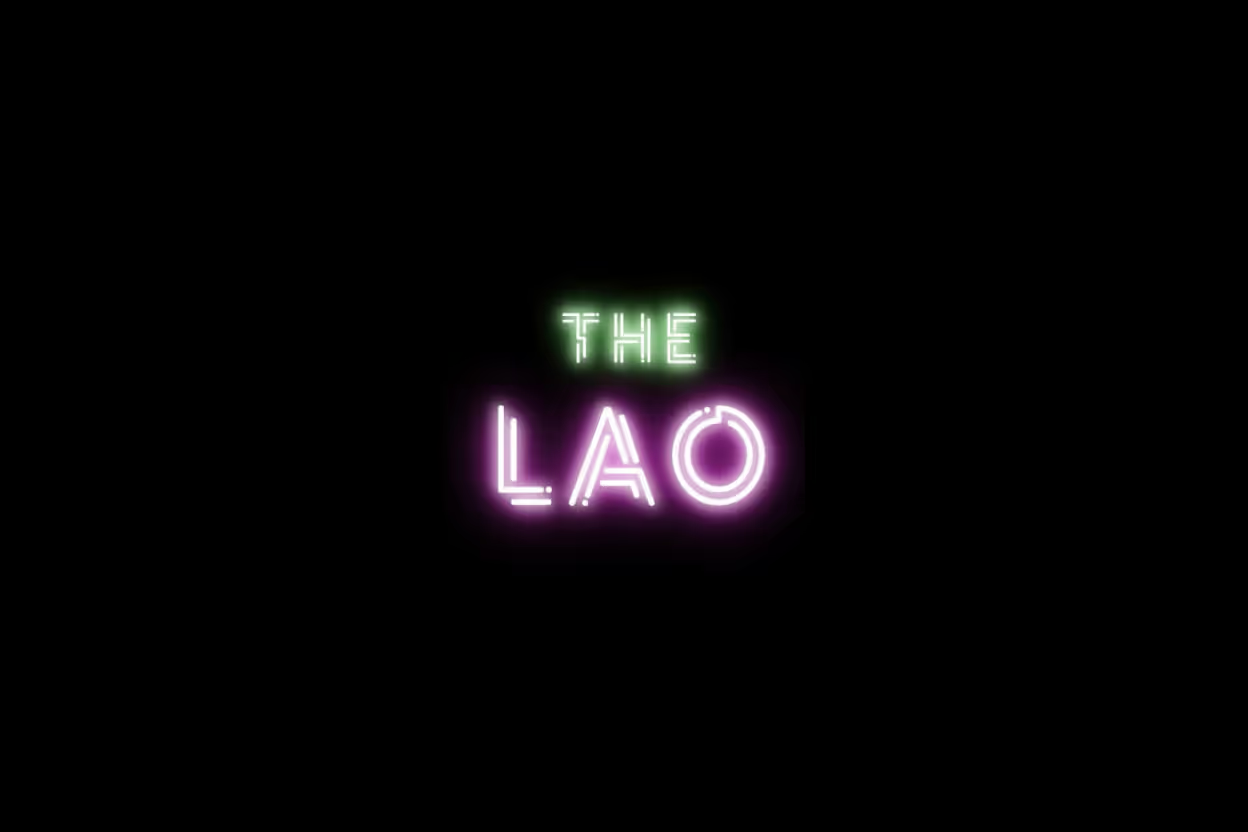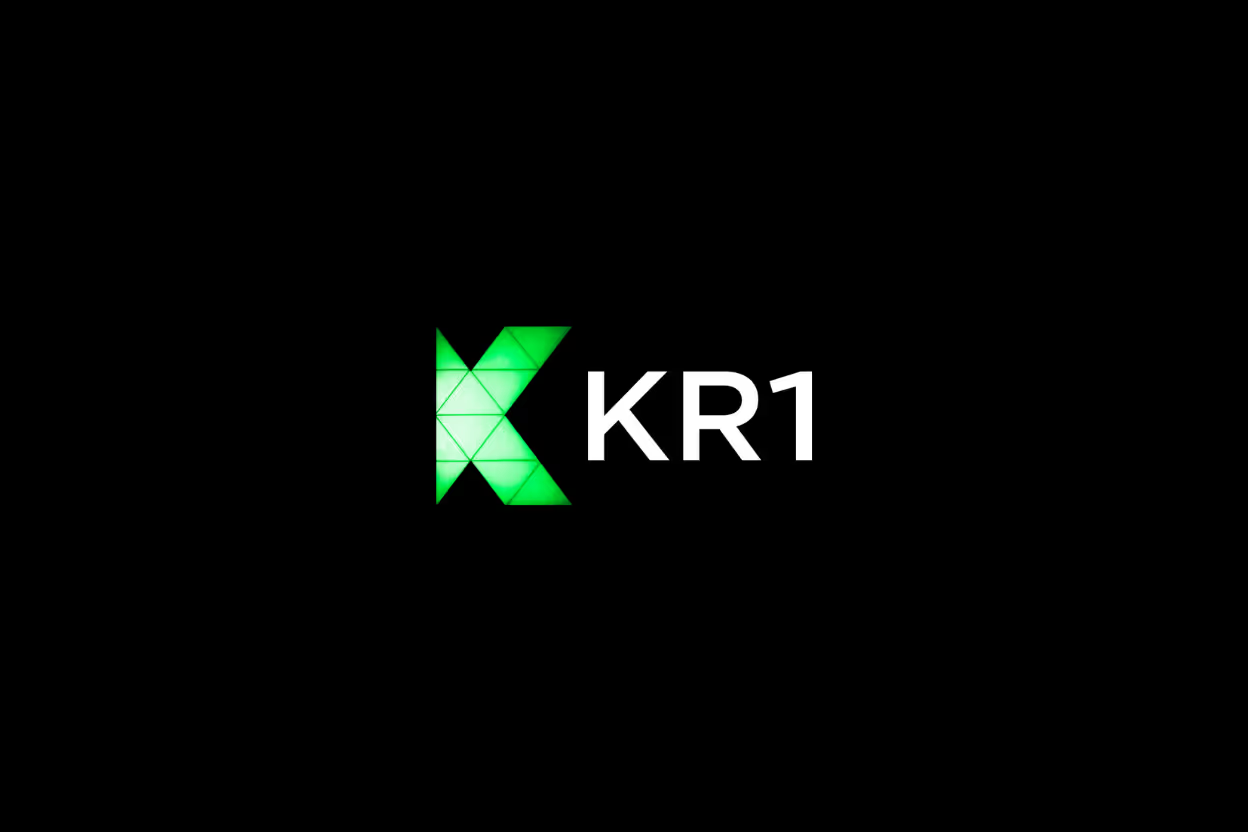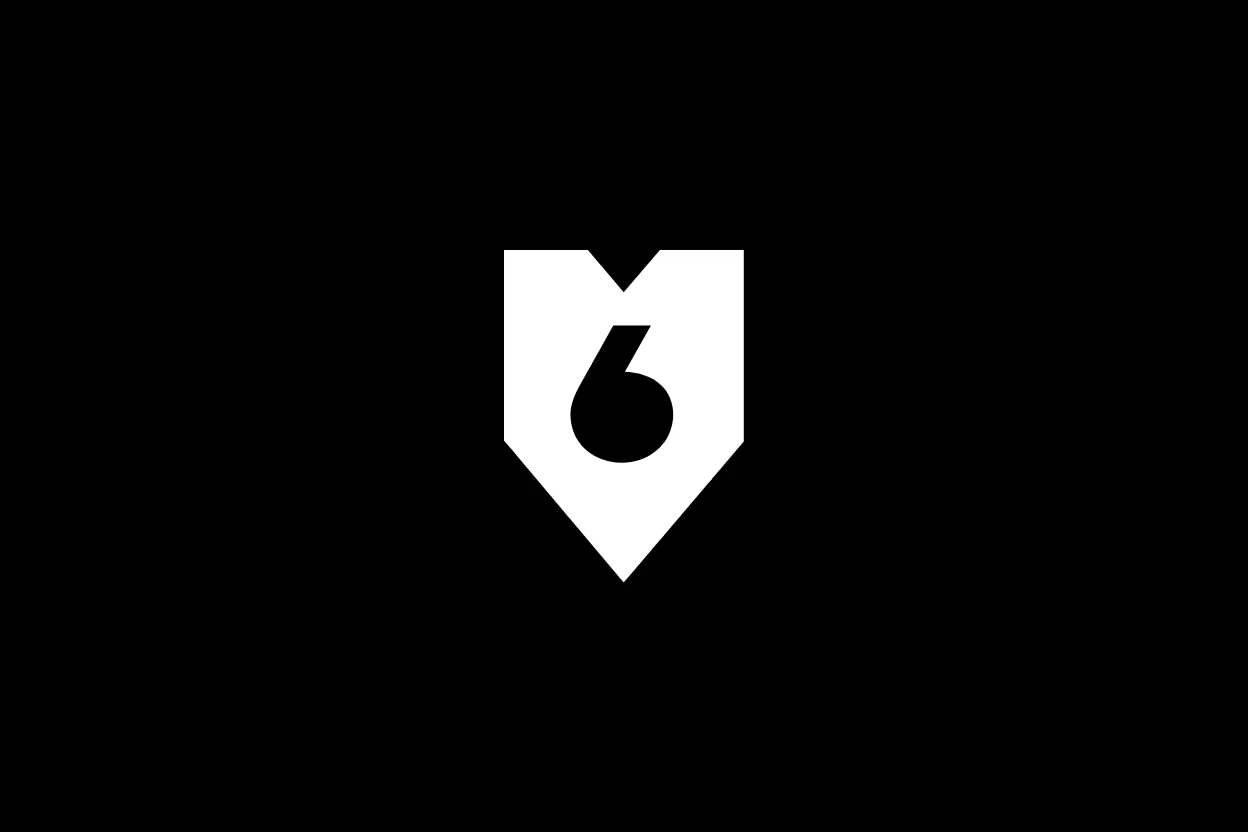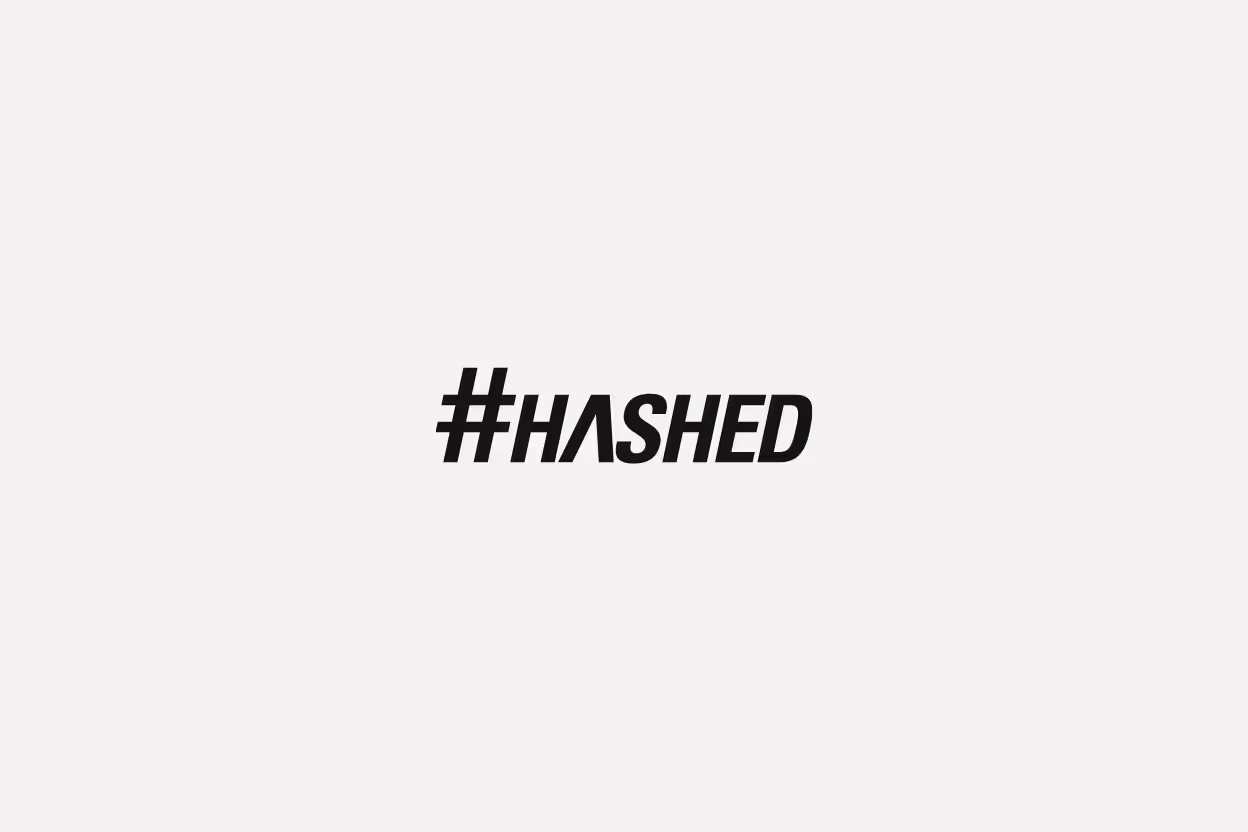Many crypto founders and blockchain projects treat Discord as if it’s a governance platform. It’s easy to see why: Discord channels host vibrant community discussions and real-time feedback. But Discord isn’t designed for formal decision-making or managing governance processes.
Governance involves clear roles, voting mechanisms, accountability, and structured decision paths. Discord simply provides a communication space—it doesn’t handle proposals, approvals, or enforce rules beyond basic moderation. Understanding this difference is key for founders and VCs looking to build trust and effective governance in Web3 projects.
This distinction helps avoid confusion around authority and expectations in your community. Managing a Discord server well supports engagement, but your core governance needs a stronger framework beyond chat rooms.
What Discord Represents in Crypto and Web3 Communities
Discord has become a central space where crypto and Web3 communities interact, connect, and share information. It supports vibrant conversations, quick updates, and close-knit groups that form around projects, tokens, or shared interests. But what exactly does Discord represent in this ecosystem? Is it a place of true governance, or something else? Let’s clarify its actual roles and boundaries in these communities.
Discord as a Real-Time Engagement Hub
At its core, Discord acts like a digital town square for crypto enthusiasts. It allows users to join servers dedicated to specific projects or topics, where conversations are broken into channels organized by themes, purposes, or interest groups. This setup supports:
- Dynamic discussions: Members jump into live chats tailored to their interests—trading, development updates, NFTs, or general news.
- Diverse engagement formats: From Ask Me Anything (AMA) sessions with founders to feedback channels where users can share ideas or report bugs.
- Member recognition: Roles and badges acknowledge contributors or token holders, encouraging participation.
These features make Discord ideal for keeping the community engaged in real time. But it’s important to remember this engagement is about communication—exchanging ideas and information quickly, not making formal decisions that affect the project’s future.
Community Management vs. Governance on Discord
Discord excels at community management tasks such as welcoming newcomers, moderating content, and organizing discussions. Server admins and moderators set rules, approve memberships, and handle disputes to keep the server running smoothly. But governance—the process that involves making binding decisions, voting on proposals, or enforcing accountability—does not happen natively on Discord.
Think of Discord as the stage where the community gathers rather than the boardroom where final decisions are made. Governance requires formal systems like DAO platforms, multisig wallets, or specialized voting protocols that are designed to record and enforce outcomes transparently. Discord facilitates conversations that can inform those decisions, but it doesn’t provide the mechanisms necessary to implement them.
Common Misconceptions About Discord’s Governance Capabilities
Many newcomers assume that because Discord offers powerful permission controls and bots, it can serve as a governance tool. This causes confusion about where real authority lies. Here are some common misunderstandings:
- Discord permissions = governance: While server owners control roles and access levels, these controls don’t translate into decentralized decision-making power for token holders.
- Bots can automate governance: Bots can automate tasks like polls or reminders but can’t enforce official votes or manage treasury funds.
- Community consensus happens on Discord: Discussions can reflect majority opinions, but the server’s owner or admin team holds ultimate control unless governance is run externally.
In reality, decision-making power is centralized with ownership and moderation teams unless external governance tools are integrated and linked to the server. Discord remains a communication platform, not a voting or execution system.
Understanding these distinctions helps crypto founders set clearer expectations for their communities. Discord supports lively, segmented discussions and community management, yet falls short as a governance platform. Centering your project’s formal governance elsewhere reduces confusion and strengthens trust in your Web3 project’s decision-making process.
Key Differences Between Discord Moderation and Formal Blockchain Governance
While Discord offers a lively space where communities come together, its approach to moderation and control differs fundamentally from formal blockchain governance. At a glance, both may seem to manage community behavior and decision-making, but their mechanisms, scope, and purpose contrast sharply. Let’s break down these key differences to understand why Discord moderation isn’t the same as blockchain governance.
Decentralization and Decision-Making Authority
Discord moderation is largely centralized. Server owners, administrators, and moderators hold control over decision-making and enforcement. Mods act as trusted individuals who enforce server rules, manage conversations, and handle disputes. They have permissions to mute, kick, or ban users, but their authority flows from the server owner. Essentially, decisions on who gets heard or punished rest with a small group or a single entity.
In contrast, formal blockchain governance distributes authority across the entire community or token holders. Mechanisms like Decentralized Autonomous Organizations (DAOs) enable a wide group of stakeholders to participate in decisions through token-weighted voting, proposals, and approvals. Smart contracts automate execution, ensuring no central figure has overriding power. This setup allows decisions to emerge from consensus or majority rules, increasing fairness and reducing central control.
Transparency and Accountability in Governance
Discord moderation tends to be informal with limited transparency. Actions such as bans or message deletions happen behind the scenes, often without public records or formal explanations. Community members must trust moderators and admins to be fair, but there is no inherent system to audit or review decisions transparently.
Blockchain governance operates with on-chain transparency. Every proposal, vote, and result is recorded publicly on the blockchain, making all decisions verifiable and auditable by anyone. This record builds accountability since stakeholders can check that rules were followed and decisions weren’t manipulated. This openness reduces disputes and builds trust in the governance process.
Operational and Technical Distinctions
Technically, Discord moderation relies heavily on manual actions. Moderators intervene based on their judgment, sometimes supported by bots that detect rule violations or automate punishments. However, the enforcement of rules ultimately requires human involvement and judgment calls, which can cause inconsistency.
Blockchain governance, by contrast, leverages smart contracts to automate decision execution. Once a proposal passes, the smart contract triggers predefined actions without manual interference—this could be releasing funds, updating protocols, or changing governance parameters. This automation ensures decisions are executed as planned, without delays or bias, and maintains consistency in enforcing the rules.
Scalability and Community Participation Challenges
Discord excels with small to medium communities where moderators can observe conversations and intervene actively. But as communities grow larger, manual moderation struggles to keep up with volume, resulting in inconsistent rule enforcement, slower responses, and possible community frustration.
Formal governance frameworks are built for scalability and wide participation. DAOs and blockchain voting platforms can handle thousands of stakeholders simultaneously, enabling transparent, structured decision-making irrespective of community size. Tools like snapshot voting and proposal platforms support participation at scale, providing equal opportunities for input while maintaining order.
Does Discord’s manual moderation fit your community’s growth plans? If your project aims for thousands of active members shaping decisions, relying solely on Discord moderation will quickly show limits.
This comparison clarifies why Discord should be seen as a community engagement tool rather than a governance solution. Discord keeps conversations flowing, but formal blockchain governance builds frameworks where decisions are made fairly, transparently, and at scale. Understanding this difference is vital for any crypto or Web3 founder aiming to build trust and durable governance systems.
Using Discord Effectively Within a Governance Framework
Discord is often the heartbeat of Web3 communities, but relying on it alone for governance can cause confusion and inefficiency. Instead, think of Discord as a communication tool that supports governance, not replaces it. To get the most out of Discord without crossing into the territory of formal governance, you should integrate it thoughtfully with dedicated tools, set up transparent feedback loops, and moderate carefully to maintain trust without shutting down discussion. Here’s how.
Integrating Discord with On-Chain Governance Tools
Discord on its own lacks the structure to manage proposals, voting, and enforceable decisions. That’s where on-chain governance tools come in to provide clear, trustable mechanisms for decision-making. Combining Discord with DAO platforms, voting bots, and off-chain governance systems can create a seamless experience for your community.
- Link discussions to formal proposals: Use Discord channels to host real-time debates and informal feedback on governance topics. Then, direct members to on-chain proposal platforms like Aragon, Snapshot, or DAOstack to cast binding votes.
- Deploy voting bots: Bots such as Tally or Colony can run simple polls with weighted votes or token-gated permissions inside Discord, acting as a bridge between informal community sentiment and formal governance data.
- Cross-reference governance status: Keep channels updated with real-time results and proposal statuses to avoid confusion. For example, a dedicated announcements channel can share when proposals move from discussion on Discord to on-chain voting and final resolutions.
- Integrate wallets and authentication: Use wallet connectors and role assignments tied to token holdings to give members permissions that reflect their governance participation outside Discord.
This approach uses Discord as a living space for dialogue while relying on specialized systems for authoritative governance. It encourages participation but keeps decision power transparent and formal.
Building Transparency and Feedback Channels on Discord
Transparency is key when managing governance discussions on a platform not built for formal rules. Discord can foster openness if you design your community space wisely.
- Create suggestion channels: A dedicated channel for ideas and feedback invites ongoing community input. Keep it clear that suggestions are considered inputs, not decisions, to manage expectations.
- Use moderated polls: Employ bots to run regular, non-binding polls. These give members a voice and can help gauge community sentiment before formal votes on-chain.
- Role-based influence: Assign roles that reflect stakes or expertise in governance topics but stress that these roles are for community organization, not final authority.
- Pin summaries and decisions: Keep records easily accessible by pinning official proposals, voting instructions, and outcome summaries to avoid lost context in fast-moving chats.
- Transparent decision logs: Regularly share decisions made off Discord with clear links and explanations. This closes the feedback loop and reinforces trust.
By establishing these spaces, you create a partnership between community voice and formal governance without misleading members into thinking discussions on Discord have binding power.
Balancing Moderation with Open Dialogue
How do you keep community discussions safe and welcoming without limiting governance talks? It’s a tight balance that requires clear rules and respectful enforcement.
- Set clear community guidelines upfront: Let members know the purpose of each channel and remind everyone about respectful behavior and the limits of Discord discussions.
- Apply consistent moderation: Use bots to filter spam and basic abuse automatically, freeing moderators to focus on nuanced judgment calls.
- Encourage diverse voices: Rotate moderators or invite community reps to give others a role in upholding safe spaces. This builds fairness and prevents gatekeeping.
- Avoid heavy-handed censorship: Moderate harmful content but preserve room for disagreement and debate. Open governance thrives on diverse opinions.
- Offer appeal and feedback options: Transparent processes for moderation decisions help members trust the system and remain engaged rather than feeling silenced.
Effective moderation supports governance conversations by ensuring the space stays productive and respectful. It protects members and the integrity of discussions while respecting that Discord is a forum—not a courtroom.
Using Discord within a governance framework means respecting its limits. It’s a powerful tool for engagement, feedback, and transparency but must be paired with formal governance tools and thoughtful moderation to build a trusted, functional community. Discord should spark conversation, not decide policy.
The Risks of Confusing Discord Management With Governance
Discord
Conclusion
Discord plays a critical role in fostering community interaction and engagement for crypto and Web3 projects. However, it lacks the essential features of formal governance such as transparent voting, enforceable decision-making, and decentralized authority. Treating Discord as a governance tool risks confusion around power and process, which can undermine trust and clarity in your project.
For governance to work well, it requires dedicated structures built on blockchain or DAO platforms that track proposals, votes, and outcomes openly. Using Discord as a communication hub alongside these systems creates balance—letting communities discuss and share ideas in real time while formal governance proceeds through trusted, verifiable channels.
Founders and VCs should design governance with transparency and decentralization at the core, using Discord to support—not replace—that framework. How will your project clearly separate engagement spaces from decision-making? This clarity will shape stronger, more resilient governance as your community scales. Thank you for reading—feel free to share your thoughts on integrating community tools with governance platforms.









